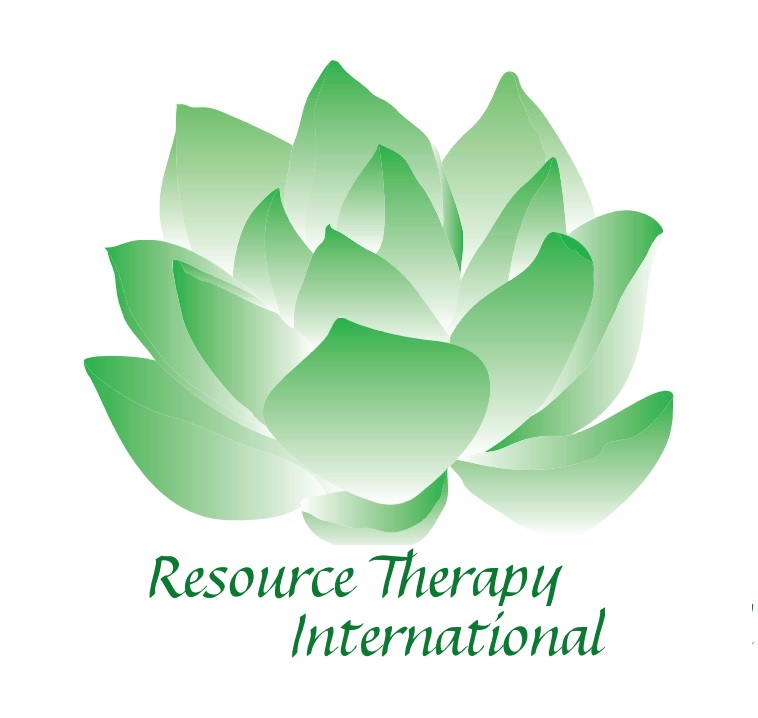Conditions of Resources – Understanding the Five Resource State Types
In Resource Therapy (RT), every part of the personality – called a Resource State – plays a vital role in the client’s internal system. But not all States are in a balanced, healthy condition. Some are wounded, protective, conflicted, or disconnected. These are known as the five Conditions of Resources.
Understanding the Condition of the Resource State allows therapists to apply the correct clinical intervention, supporting deep and lasting change.
This page outlines the five State Conditions used in Clinical Resource Therapy – an essential component of accurate diagnosis and treatment planning.
🟢 1. Normal Resource States
Healthy, Balanced, and Present-Focused
Normal States function effectively in everyday life. They support learning, creativity, caregiving, humour, and daily functioning. These parts are integrated and not distressed.
- No treatment is required
- May assist other States during therapy (e.g. provide support or relief)
🔴 2. Vaded Resource States
Wounded by Trauma, Rejection, Fear, or Confusion
Vaded States carry unresolved pain and unmet emotional needs. They often emerge in therapy as inner child parts, panic, shame, grief, or self-blame.
- Stuck in the past or overwhelmed by emotion
- May cause distress, regression, or flashbacks
- Treated using specific RT actions (e.g. Vivify, Bridging, Expression, Relief)
🟡 3. Retro Resource States
Over-Protective, Outdated, or Controlling Parts
Retro States were once helpful, but now act out in ways that are disproportionate or damaging. They may present as anger, avoidance, perfectionism, or people-pleasing.
- Stuck in protective roles from the past
- Override or silence vulnerable States
- Treated using Retro State Negotiation to update and release the burden
⚖️ 4. Conflicted Resource States
Parts in Inner Conflict or Polarisation
Conflicted States are in disagreement – one may want change, another resists. This shows up in indecision, procrastination, inner tug-of-war, or stuck behavioural cycles.
- Common in procrastination or decisions to be made
- Work involves bringing both States into conscious dialogue
- Treated using Action 11 – Conflicted State Negotiation
💭 5. Dissonant Resource States
Disconnected, Split-Off, or Unavailable States
Dissonant States feel ill-equipped to handle the situation. They hold a level of discomfort when they are in the captain’s seat, not being the most appropriate part out for the occasion.
- Associated with discomfort
- Easy to find and willing to step aside
- Treated with Vivify, and finding another Resource to take the wheel
Why State Conditions Matter in Resource Therapy
Knowing the Condition of a Resource State is essential to effective therapy. It allows therapists to:
- Formulate precise treatment plans based on the State’s needs
- Avoid retraumatising or overworking healthy parts
- Target healing to the right part at the right time
- Work faster and more respectfully within a trauma-informed framework
In Resource Therapy, we believe that all parts of the self have value – even those that are hurting, angry, confused, or shut down. By identifying their condition and offering the right kind of support, we help clients become the captain of their own ship, with all parts working together.
Learn more about Resource Therapy’s clinical model and our upcoming training programs by visiting resourcetherapy.com.
RT Classification Flowchart:
| 1. What is the presenting concern? | 2. The Resource might be: | 3. When Conscious it feels: | 4. Has been noticed since Childhood? | 5. Diagnostic Classification |
|---|---|---|---|---|
| Unwanted Behavior | Retro Original | Feels competent | Yes → | Retro Original |
| Retro Avoiding | No → | Retro Avoiding | ||
| Dissonant | Feels incompetent → | Dissonant | ||
| Unwanted Emotion(Vaded) | Fear | Fear → | V/ Fear | |
| Rejection | Not good enough → | V/Rejection | ||
| Disappointment | Low Energy → | V/Disappointment | ||
| Confusion | Ruminates → | V/Confusion | ||
| Internal Conflict | Conflicted | In conflict with another state → | Conflicted | |
